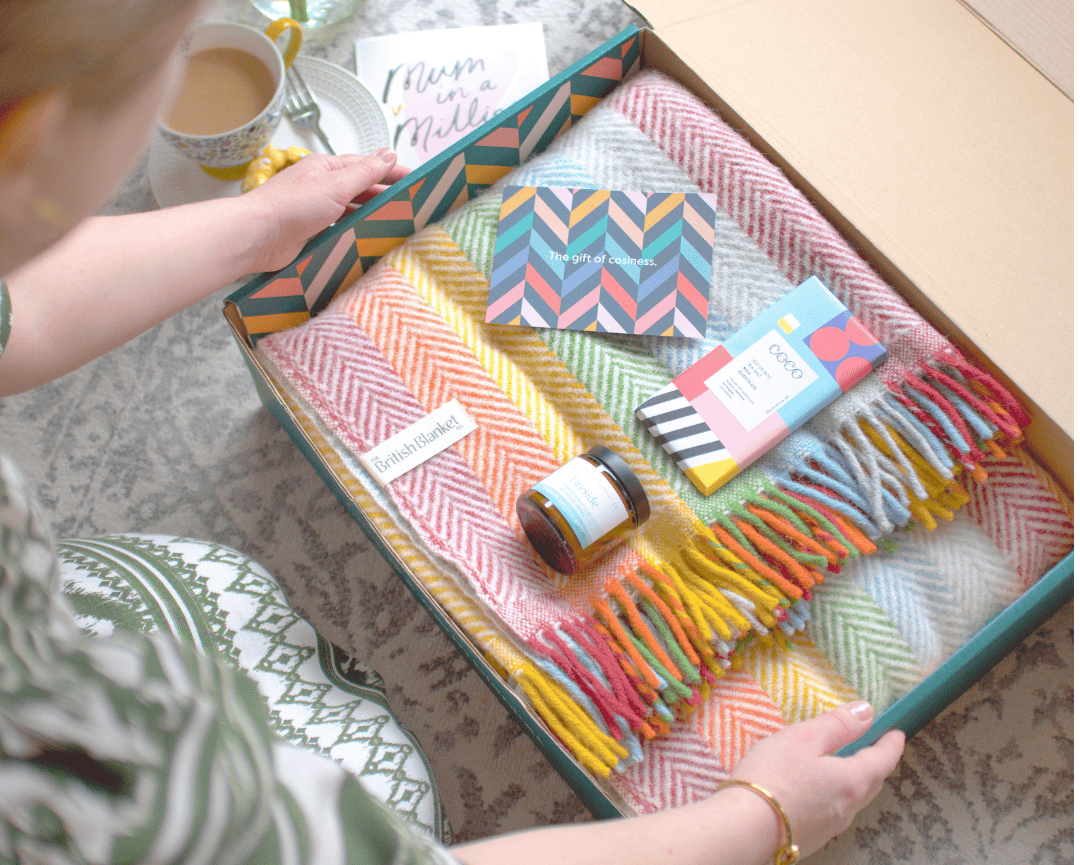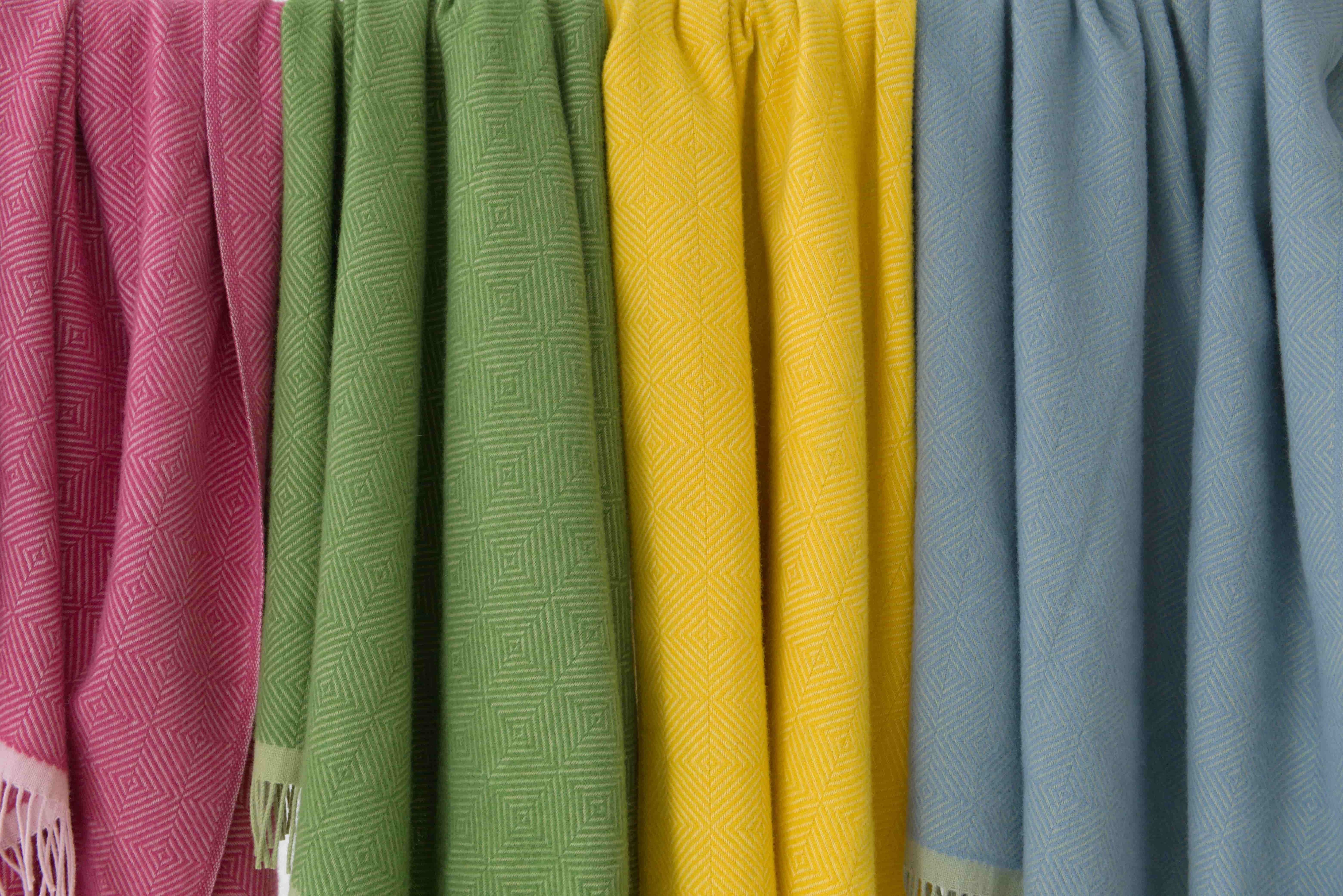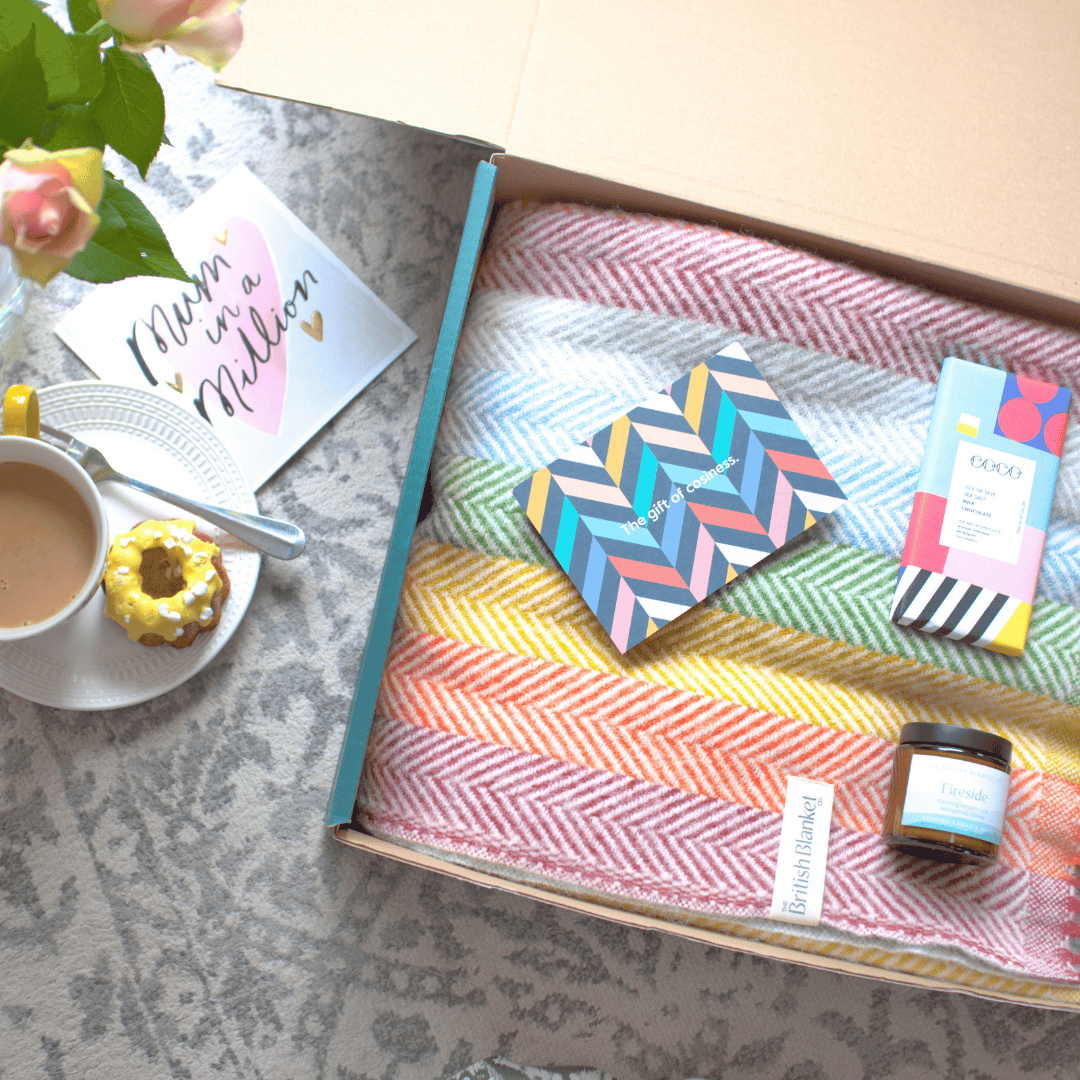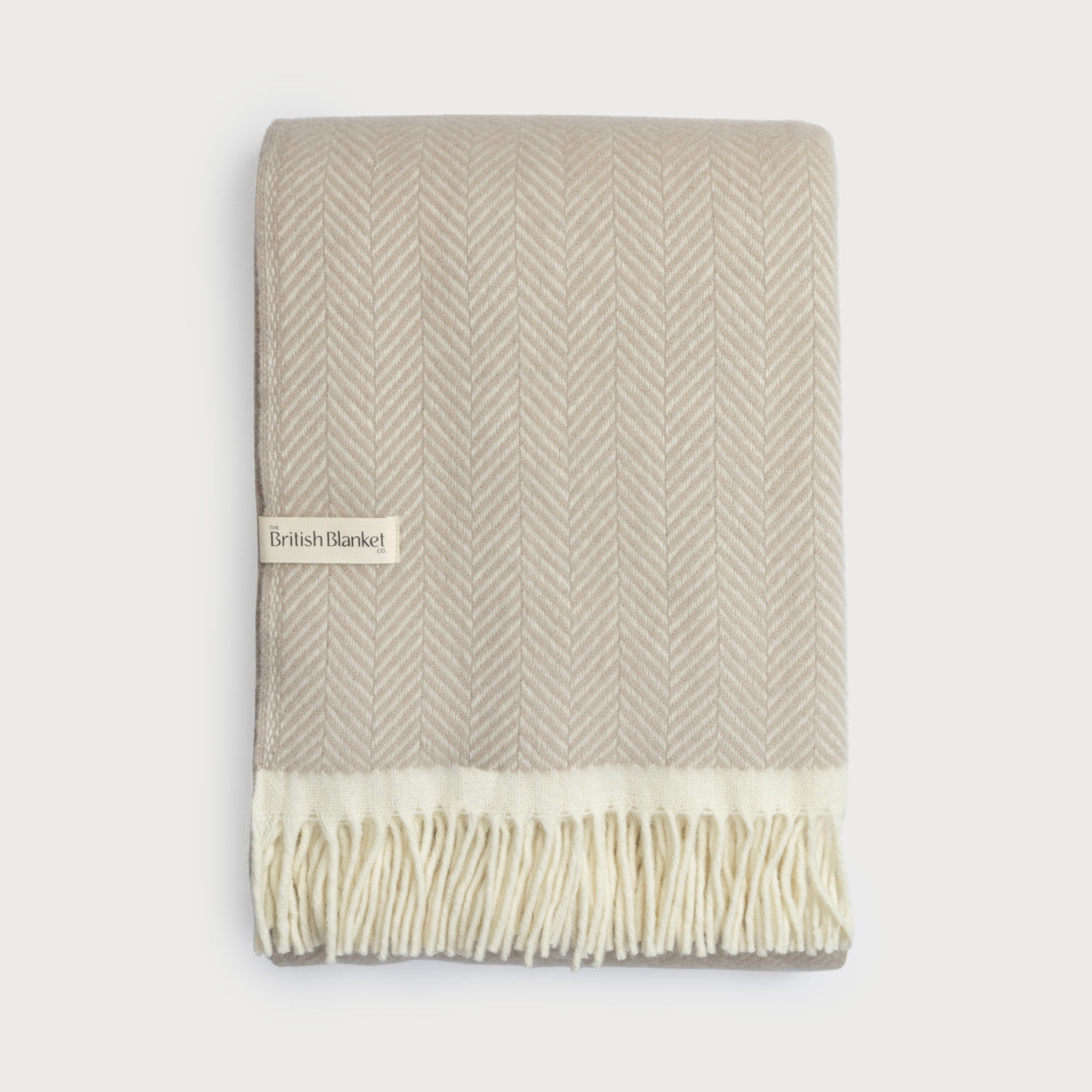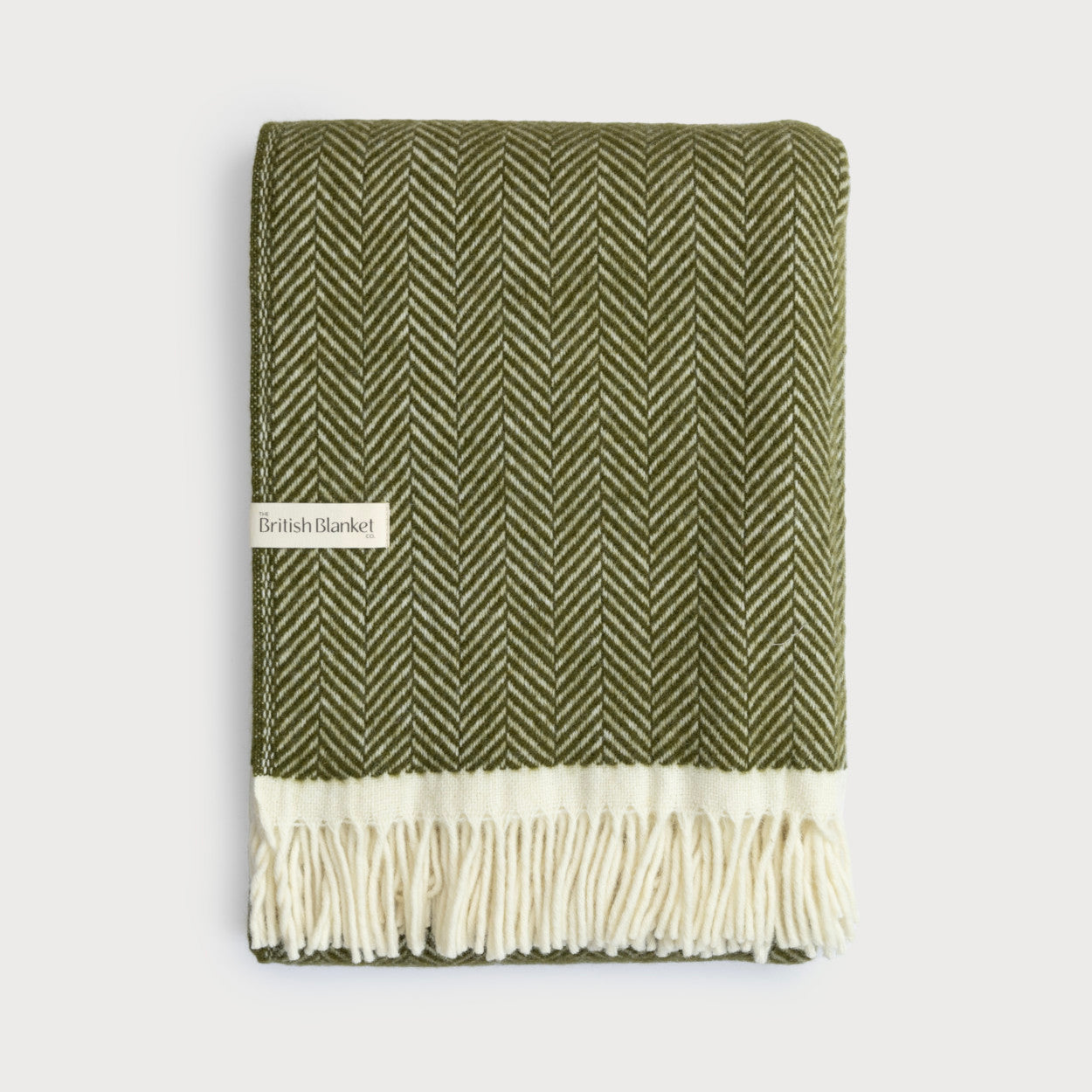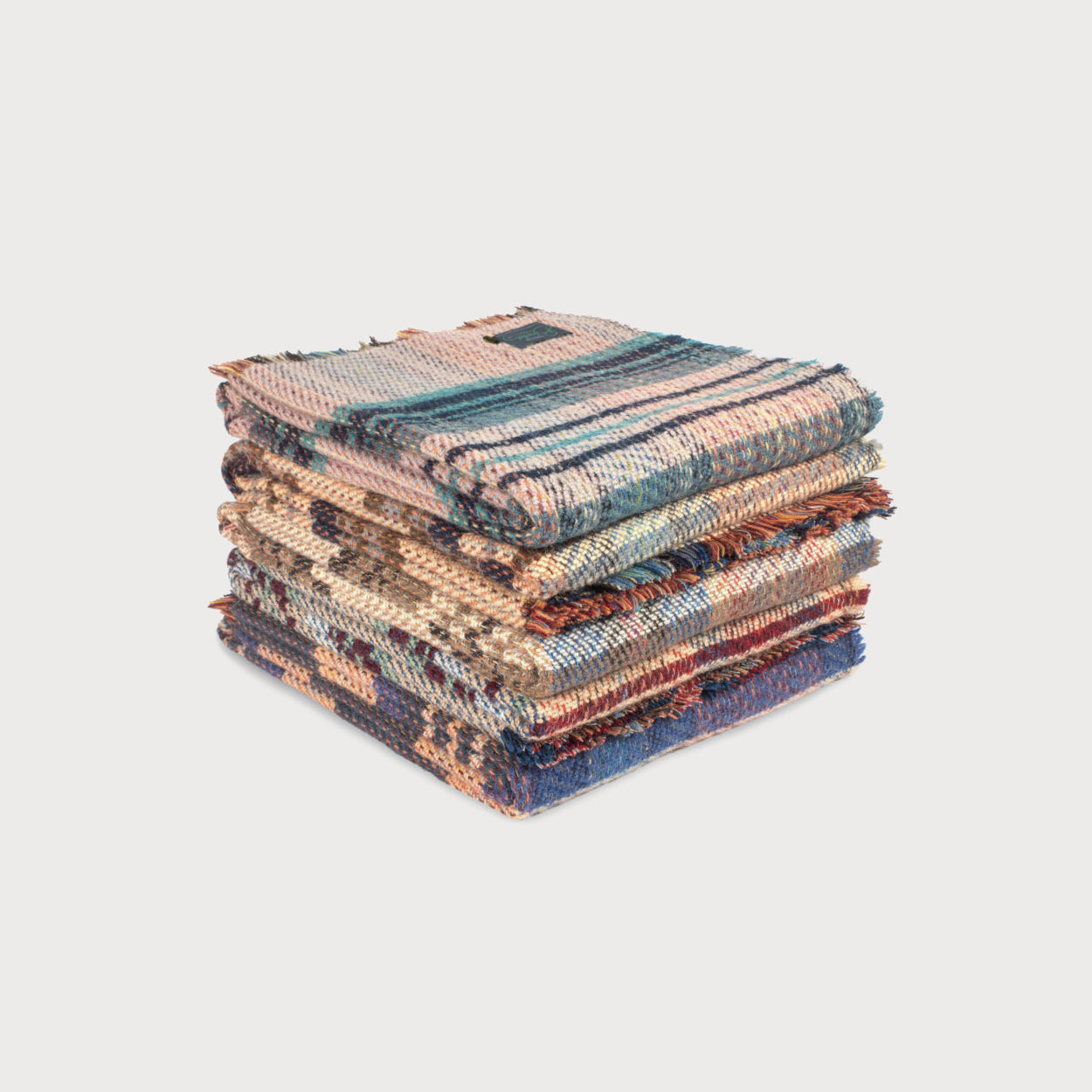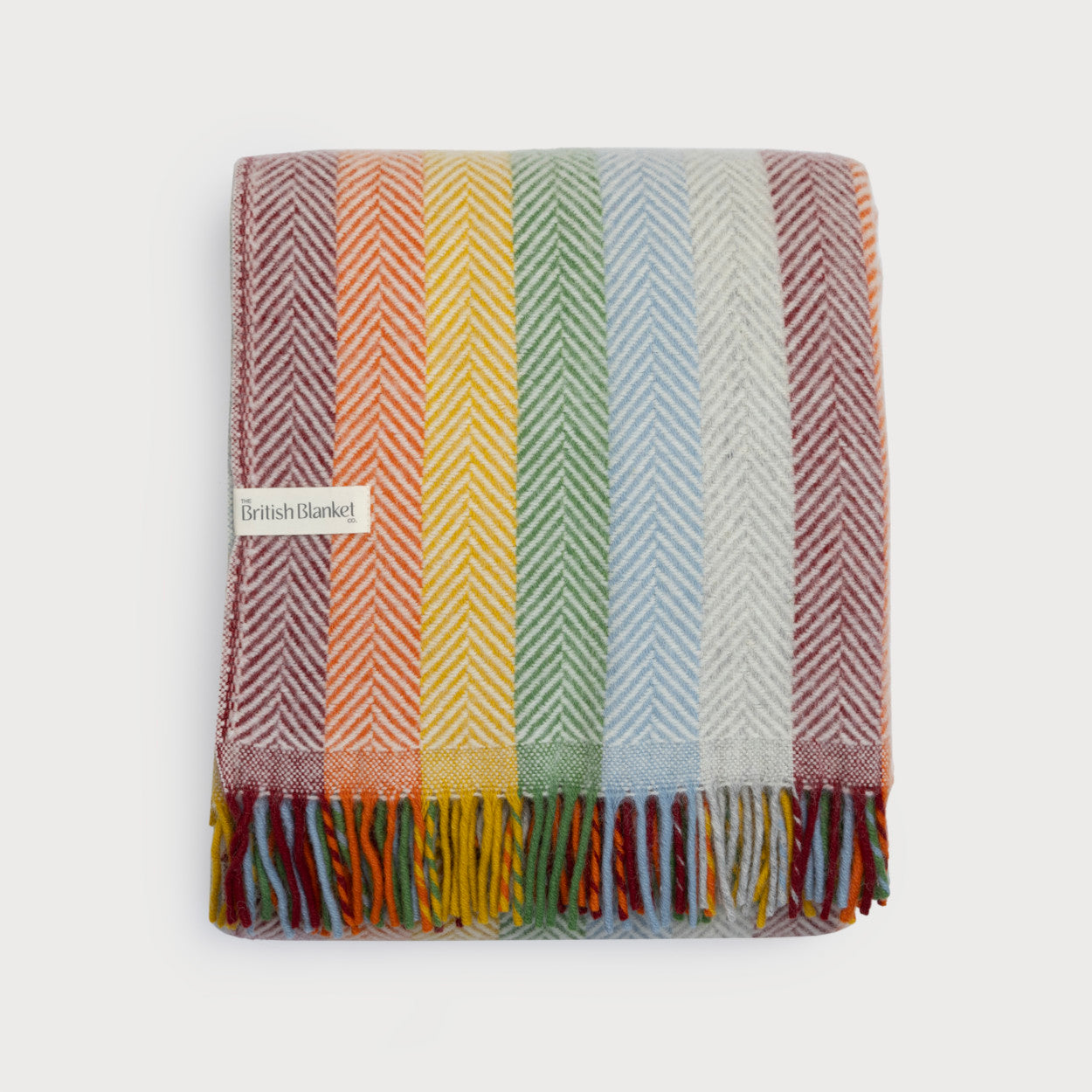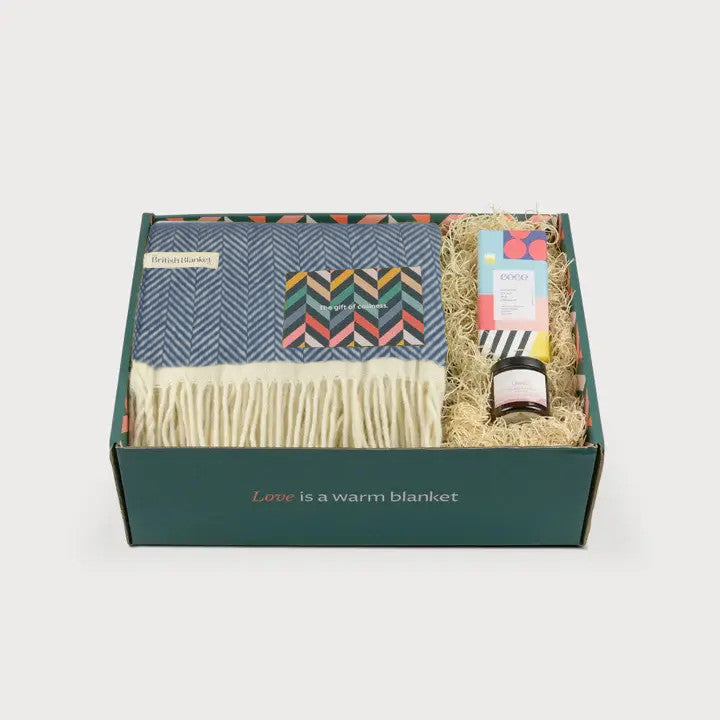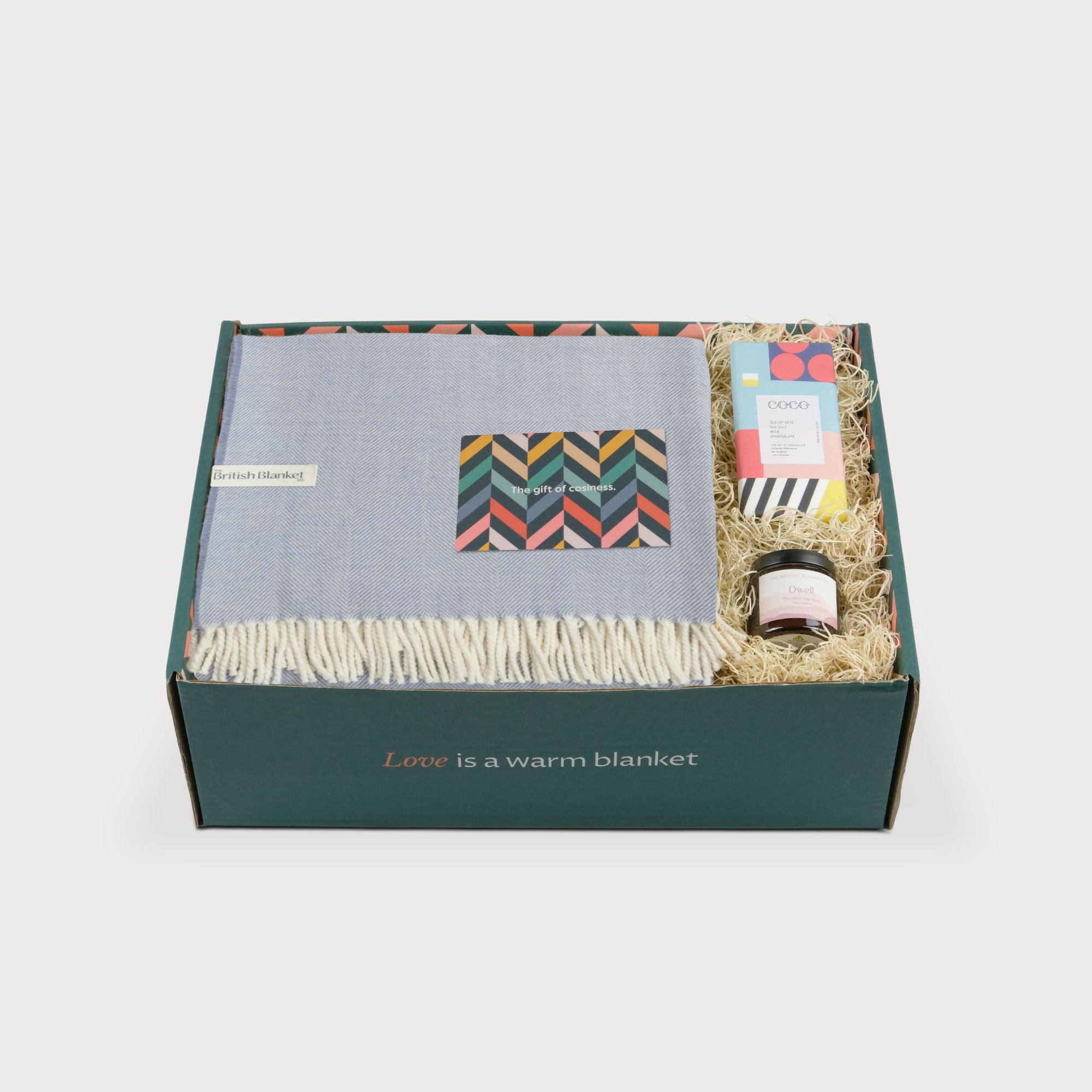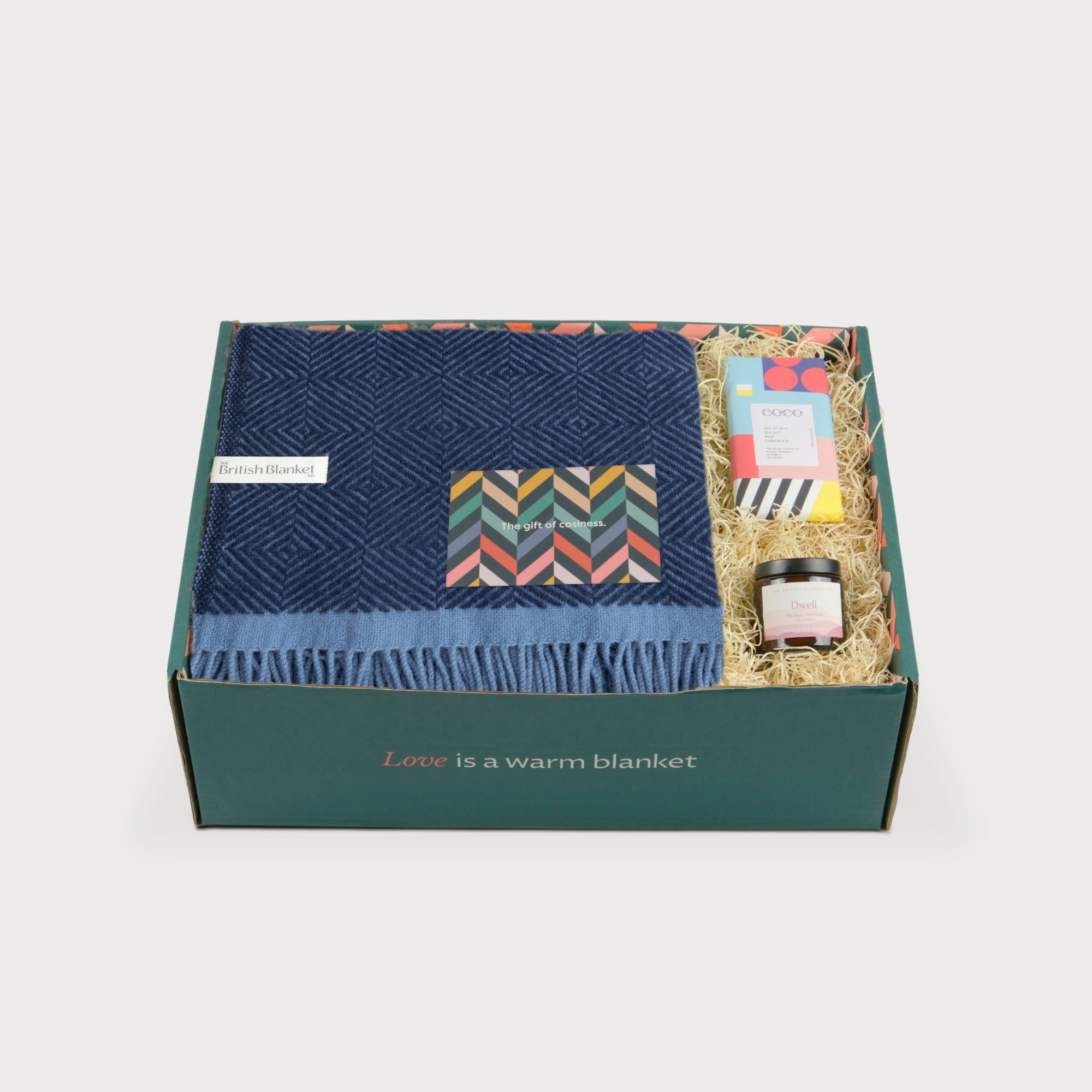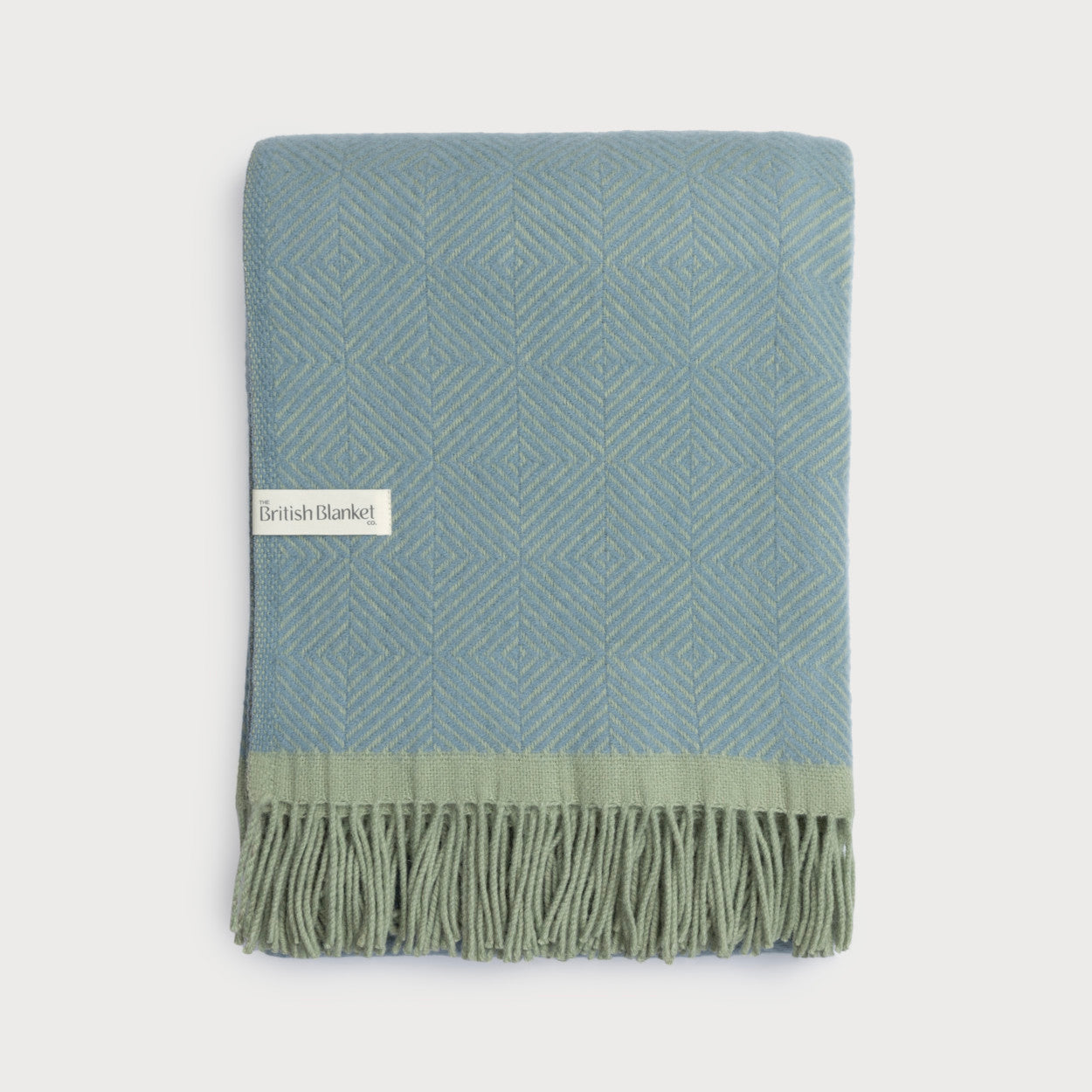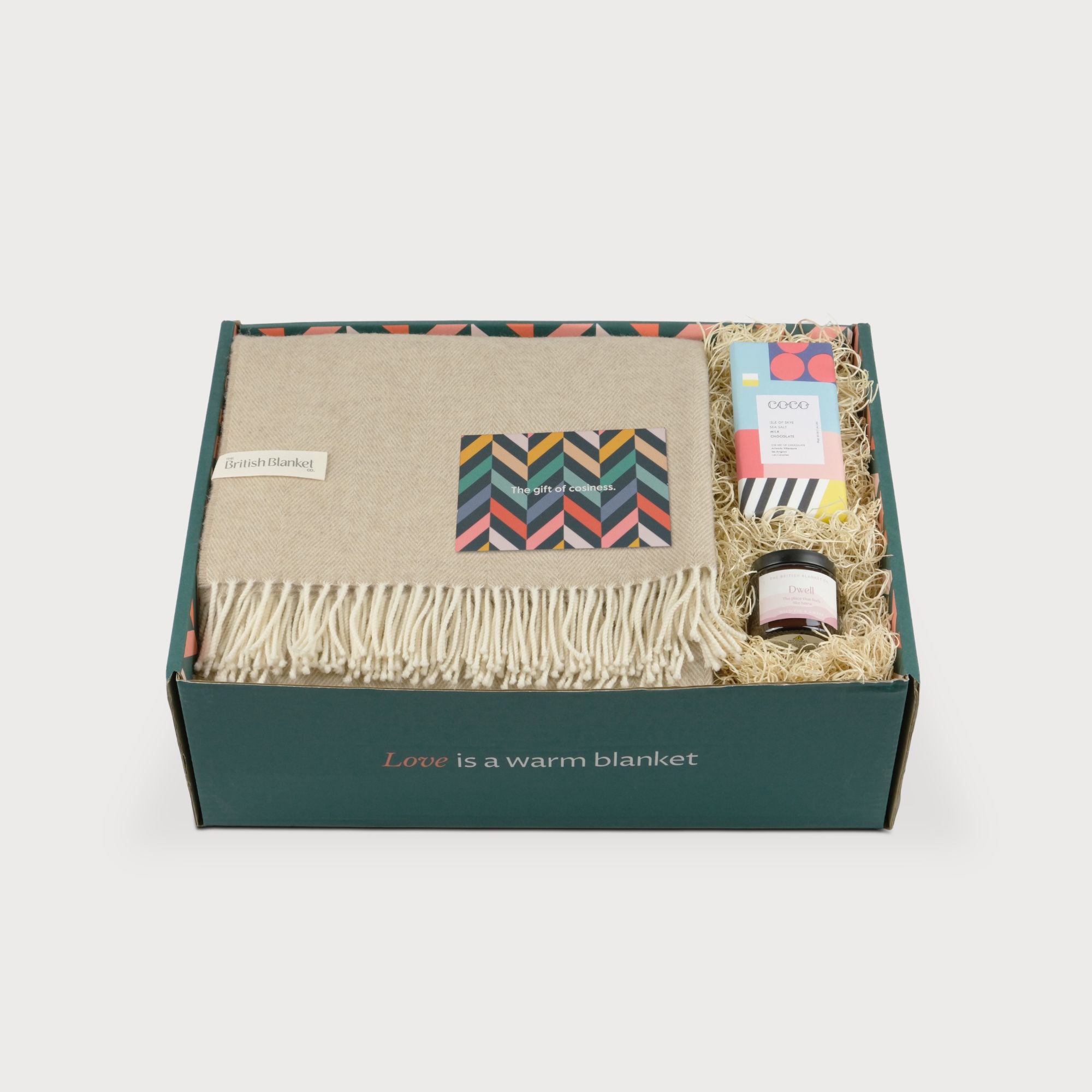
We need to talk about British wool.
Wool is the material we love the most - every single one of our blankets is woven from this wonderful natural fibre. It's warm, it's beautiful, it's durable. We love wool.
The British Blanket Company's journey to this point has been guided by our desire to showcase the remarkable natural properties of wool of all origins. Our blankets have historically been woven from wool sourced from New Zealand and South Africa which is soft, fine and ideal for weaving cosy throws. But, we have always wanted to do more to support British sheep farmers and rekindle love for British wool, which has been underutilised and undervalued due to its relatively course texture.
We are proud to update this blog to announce our first 100% British Wool Collection launching in 2023. By working with fleece from Suffolk and Romney sheep which have softer and finer wool, we are able to make British wool blankets that feel more beautiful than ever before, presenting new opportunities to restore value to this remarkable natural fibre.
Our new blankets feature British-origin wool sourced from local farms that prioritise both the well-being of their sheep and the quality of their wool. This marks a significant step forward in our journey toward sustainability and supporting local economies.
Launching in autumn 2023, The British Blanket Company's 100% British Wool Collection is set to be a cosy and beautiful addition to our range.

